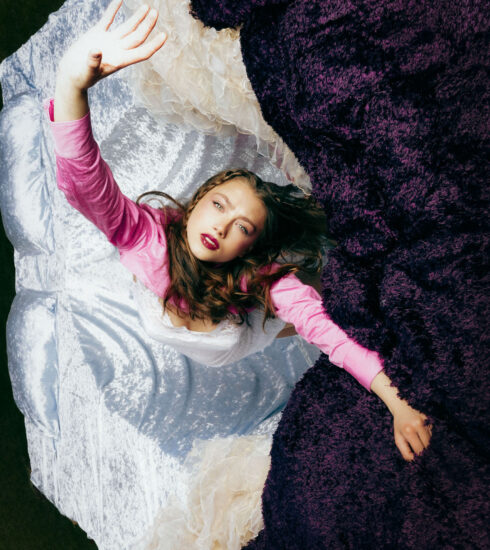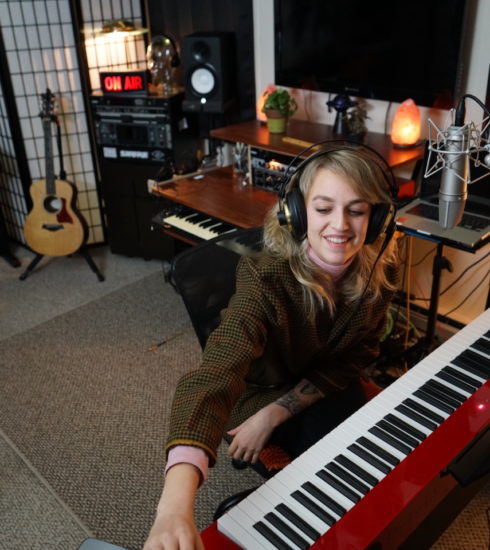The Essential Element of Compositing in Film: Angelina Hadiputri’s Impact
Filmmaking is a fascinating subject, and many people always enjoy discussing films. People watch films, analyze them, review them, look deep into possible themes and undertones that are usually missed, and think about the process of filmmaking for days and sometimes even longer than that. Actors and those who have screentime are usually favored because of the immediate connection viewers have with them. It’s very special to witness a great actor perform well, especially when the story written well enough to have a human impact as well. And of course, good direction always makes things even better; it is the most important aspect as some may believe. But there are details often missed, or even hidden from the viewer’s eye.
There are so many things that contribute to a good film. Although the things that remain with us may be the theme, an actor’s performance, or even the film’s score, it is equally important to think of the visual effects that make the impossible things come to life. Many may not even know the role of the person that is responsible for such changes and details in a movie. This person is called a compositor. Compositors are visual effects artists who are responsible for many different tasks such as beauty, color correction, keying, screen replacement, and more. These details play hand in hand role in the ultimate product which is the film we enjoy.
Without the work of a compositor, films would not have the quality they do when they are played in theaters. There are so many layers that need to be edited, added, and created to build the universe a film is taking place in, even if it resembles a mundane world we all know. Once the compositing job is done, a heavy load is taken off the director, cinematographer, and lighting director’s shoulder. This makes the work of a compositor extremely important. Then, the work of an editor comes into play. As it is evident, filmmaking is a collaborative process on so many levels. But the work of a compositor is quite silent and hidden from the public eye. A compositor must be able to understand all aspects of a film before they even accept the project. Do they know what the movie is about? Can they understand the theme the movie conveys? What is the color palette of the movie? These are all questions a compositor must ask before diving into the job. Speaking of compositors, there is one compositor who has caught our eye: Angelina Vania Hadiputri.
Angelina Vania Hadiputri is a Compositor and Visual Effects artist based in New York City. She is passionate about her job and has an extensive experience with projects loaded with heavy compositing work. She has been able to make many connections in the TV and film world as she has worked on countless popular projects. It is a very detail-oriented role, and as a result, Angelina excels in many programs that are required for this position. These programs include The Foundry’s Nuke, which is one of the most popular ones, PFTrack, Mocha Pro, Adobe Premiere, and more.
Angelina has served as a Compositor at Ingenuity Studios, where she worked critically on many famous and loved series, such as “A Million Little Things” Season 2, “High Fidelity” Season 1, “Jim Beam” Commercial, “The Good Fight” Season 4, “The Walking Dead: World Beyond,” “The Secrets We Keep” and “Filthy Rich.” Working on such high-profile projects requires an attention to detail and a strong understanding of storytelling.
As of 2018, Angelina undertook the role of compositing in many film projects as well, including the film entitled “Potion Masters.” As mentioned earlier, Nuke is a very popular program in compositing that Angelina used. She used it for green screen compositing, which was her main role in this project. After this film, she was responsible for rotoscoping a VFX film called “Swift.” She has also served as a Compositor for three films, titled “Unsurpassed Team” and “Butera.” At last, she acted as the director responsible for Lookdev, lighting, and compositing in a VFX Film named “Game On.”








